Lego Nerve Gas Detector
Chemists design a mobile, affordable nerve gas detector out of Lego bricks.



The U.S. Navy asks computer gamers to help brainstorm the challenge posed by super-intelligent machines.


After losing a limb to amputation, many people often feel severe pain emanating from the non-existent appendage anyway. A new treatment targeting nerves could turn off the pain signals.
Sleep deprivation may lead people to confess to things they haven’t done.
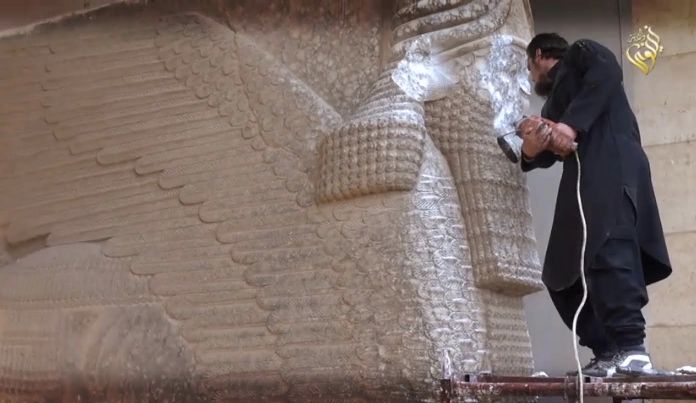
Satellite surveillance documents ISIS’s targeted destruction of sacred landmarks.

Plants can help remove explosive toxins from land surrounding military sites and conflict zones.
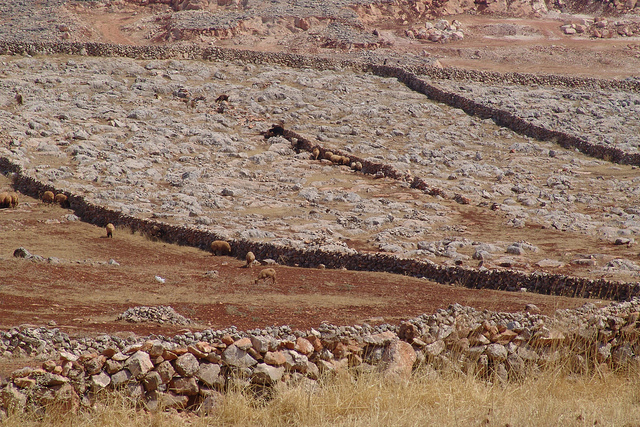
Earth’s changing climate may already be playing a role in today’s conflicts.

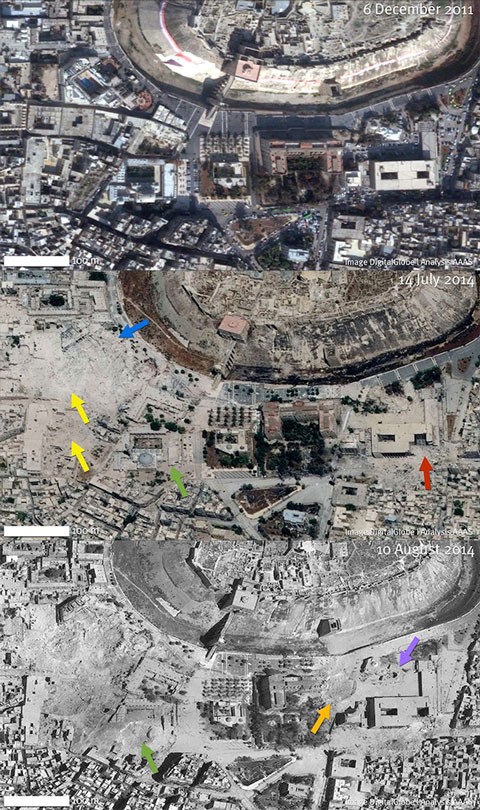
War in Syria is reducing much of the country’s cultural heritage to rubble.

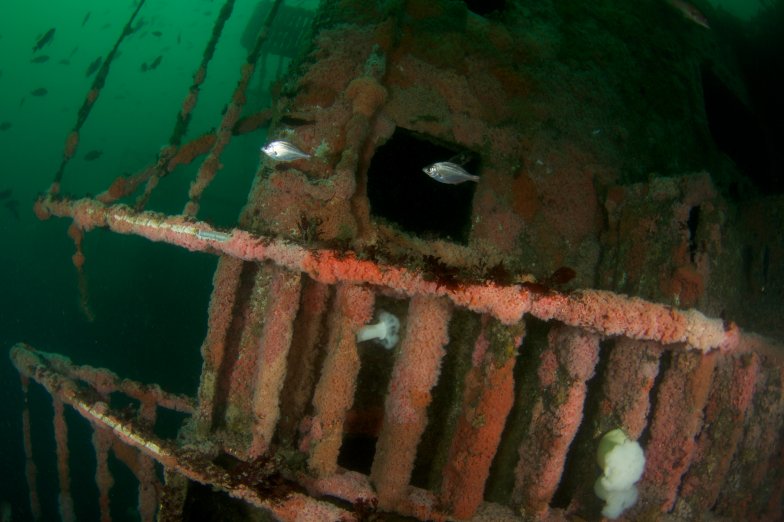

PRE-HISTORIC SCIENCE - Is there a connection between hot weather and violence? And, were our ancestors really as warlike as we make them out to be? Also, did ancient Egyptians jewelry have extraterrestrial origins? And, were spices part of ancient European cuisine?



BRAINS & BEHAVIOR - When apes take a gamble. The value of precision in negotiations. And a new approach to targeting drug addiction in the brain. Also: what above-ground nuclear tests in the mid-20th century can tell scientists about the brain.
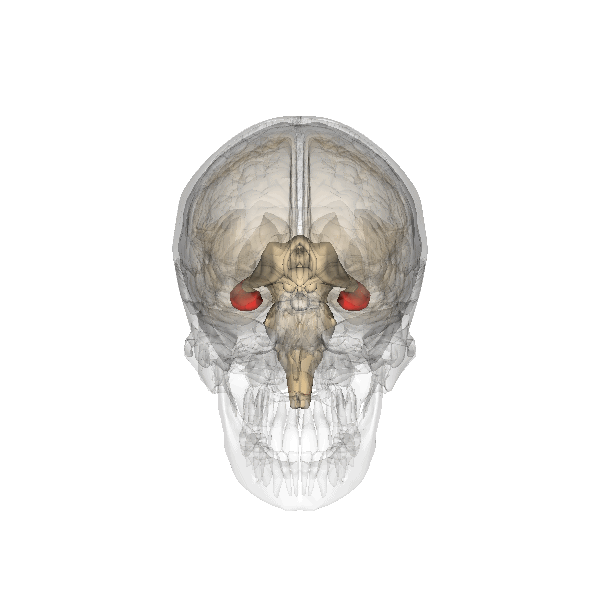
Nuclear testing in the mid 20th century is helping scientists understand how the brain makes new neurons.
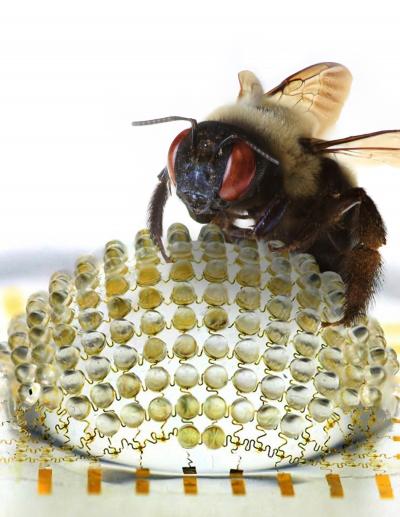
Researchers are breeding specialized fish that glow when exposed to industrial pollutants.
Scientists have created a secret fluorescent code by inserting jellyfish genes into E. coli bacteria.

WATER EVERYWHERE - Astronomers have discovered the largest cache of water ever, and researchers are developing new software for detecting contamination of municipal water supplies. Also: Round robots to help safeguard nuclear power plants.
